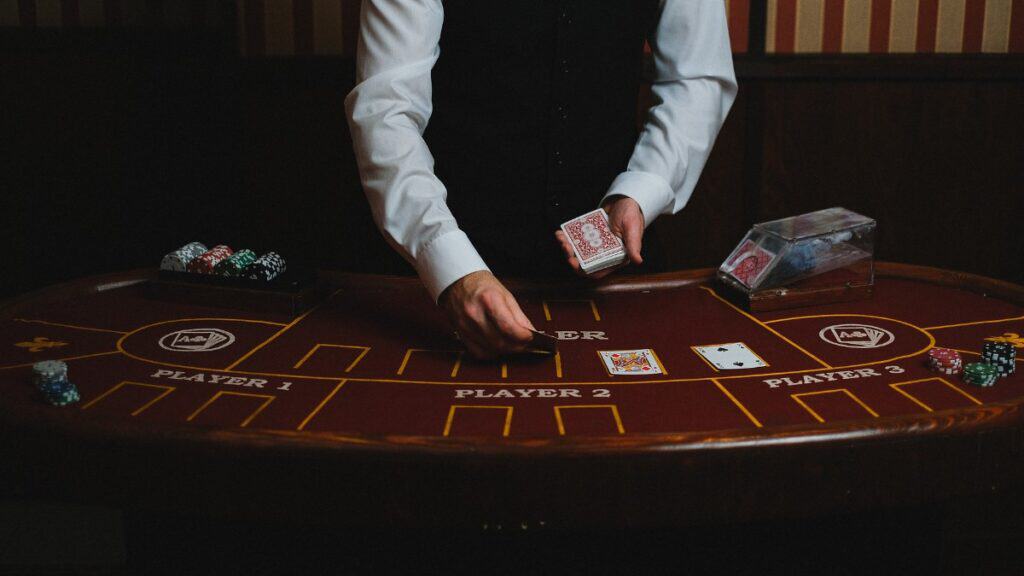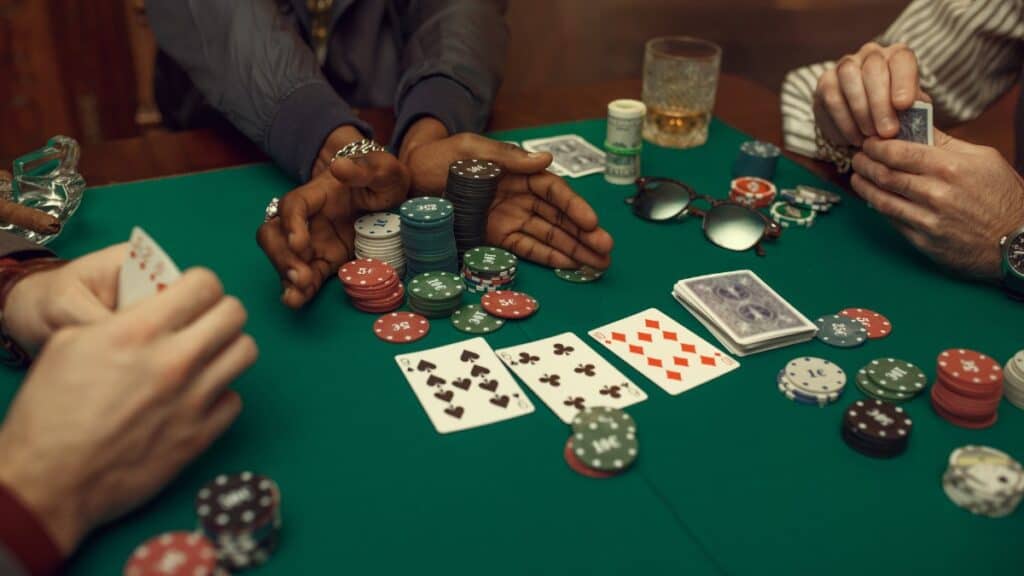Casinos promise fun and excitement, but what if you suspect the odds aren’t just “not in your favor” but downright unfair? Thankfully, there are steps you can take if you think foul play is involved.
Speaking as someone with insight into this world, there’s more you can do than you might think. Here’s a breakdown to help you fight back – and no, you don’t have to fold this hand.
How Do Casinos Cheat? Identifying Red Flags
All the reputable casinos out there are tightly regulated. Still, accusations persist about unethical practices. So how do casinos cheat, you ask? Below are some common tactics that might raise a red flag.
- Suspicious Winning Streaks: Does the house win almost every hand or spin, even when probabilities suggest otherwise?
- Game Disruptions: Sudden technical glitches during large payouts may hint at intentional interference.
- Consistent Unusual Behavior by Dealers: Watch for odd shuffling, dealing patterns, or miscommunication that works against you.
Pro Tip: Stay vigilant and keep track of outcomes. If a pattern emerges where the casino consistently benefits, it’s time to dig deeper.
Do Casinos Cheat or Are You Just Unlucky?

While it’s easy to question the fairness of a casino, it’s important to distinguish between genuine fraud and just a tough run of luck. Here’s how you can evaluate whether the odds are really stacked against you.
- Have certain outcomes consistently favored the house in a way that seems statistically improbable?
- Is the casino properly licensed and regulated by a reputable authority?
- Are online casinos more prone to cheating than physical ones? (Hint: It’s easier to manipulate software in online settings.)
If everything seems above board – meaning the casino is secure, the games are regularly checked by auditing companies like eCOGRA, and there are no online complaints – it might just be the nature of the game.
Remember, even the most skilled players experience losing streaks from time to time. While casinos are built to favor the house, it’s important to acknowledge that bad luck can sometimes feel more like a setup, even when the odds are simply not in your favor.
What to Do If You Suspect Fraud

If you suspect cheating in casinos or online platforms, taking action is crucial. Here’s a practical game plan:
Step 1 – Document Everything: Take detailed notes about what happened – what game you were playing, when, and any irregularities you noticed.
Step 2 – Capture Evidence: If allowed, take photos or videos. Some jurisdictions permit this for personal disputes.
Step 3 – Report It: Speak with casino personnel immediately. Be calm but persistent. Licensed casinos are required to investigate complaints.
Step 4 – Escalate If Necessary: If your issue isn’t resolved, contact the gaming authority that regulates the casino.
It’s easy to feel powerless when you think you’re being cheated, but staying calm and methodical is key. Documenting everything and escalating when necessary ensures that you can make your case effectively.
When Legal Intervention Becomes an Option
If casino cheaters or the gambling venue itself pushes the boundaries of ethical practices, legal intervention may be an option.
To pursue gambling fraud cases, the first step is to hire a lawyer who specializes in gaming law. Not all attorneys are familiar with the intricacies of gaming regulations, so it’s important to find someone who has experience with these specific cases.
Once you’ve secured legal counsel, you’ll need to file a formal complaint through the relevant state agencies. Casinos are regulated by local gaming commissions, and these organizations serve as watchdogs to oversee the legitimacy of the industry. If you suspect cheating, they are the entities you should reach out to.
However, keep in mind that the success of your case will depend on providing solid evidence. Judges will require concrete proof that fraud has occurred. General suspicions and “gut feelings” are unlikely to hold up in court. Gambling fraud cases can be time-consuming and expensive, so it’s essential to assess the financial and emotional toll before pursuing legal action.
For those considering legal recourse, it’s important to know that cases involving widespread fraud tend to have a better chance of success compared to isolated incidents. If you believe the issue is part of a larger systemic problem – such as cheating in poker tournaments or other organized games – informing authorities can help expose the bigger picture.
Pro Tip: It’s essential to understand that legal cases in this area can be costly and time-consuming. If you’re considering this route, make sure the potential gains outweigh the costs.
Stay Smart, Stay Safe
Preventing fraud is always more effective than trying to recover losses. So, how can you stay smart whenever someone is trying to fool you?
First, always choose casinos that are properly licensed and regulated. Do thorough research before using any online gambling platform. Stay vigilant about gameplay mechanics, and if you notice any malfunctions, report them immediately.
It’s important to keep in mind that not all losses are the result of cheating. The house edge is a real and legal advantage casinos hold, so it’s crucial to distinguish between bad luck and fraud.
At the end of the day, the key to success in gambling isn’t about beating the house – it’s knowing when to walk away. Just like poker, sometimes the best move is recognizing when the odds aren’t in your favor and calling it a day.






